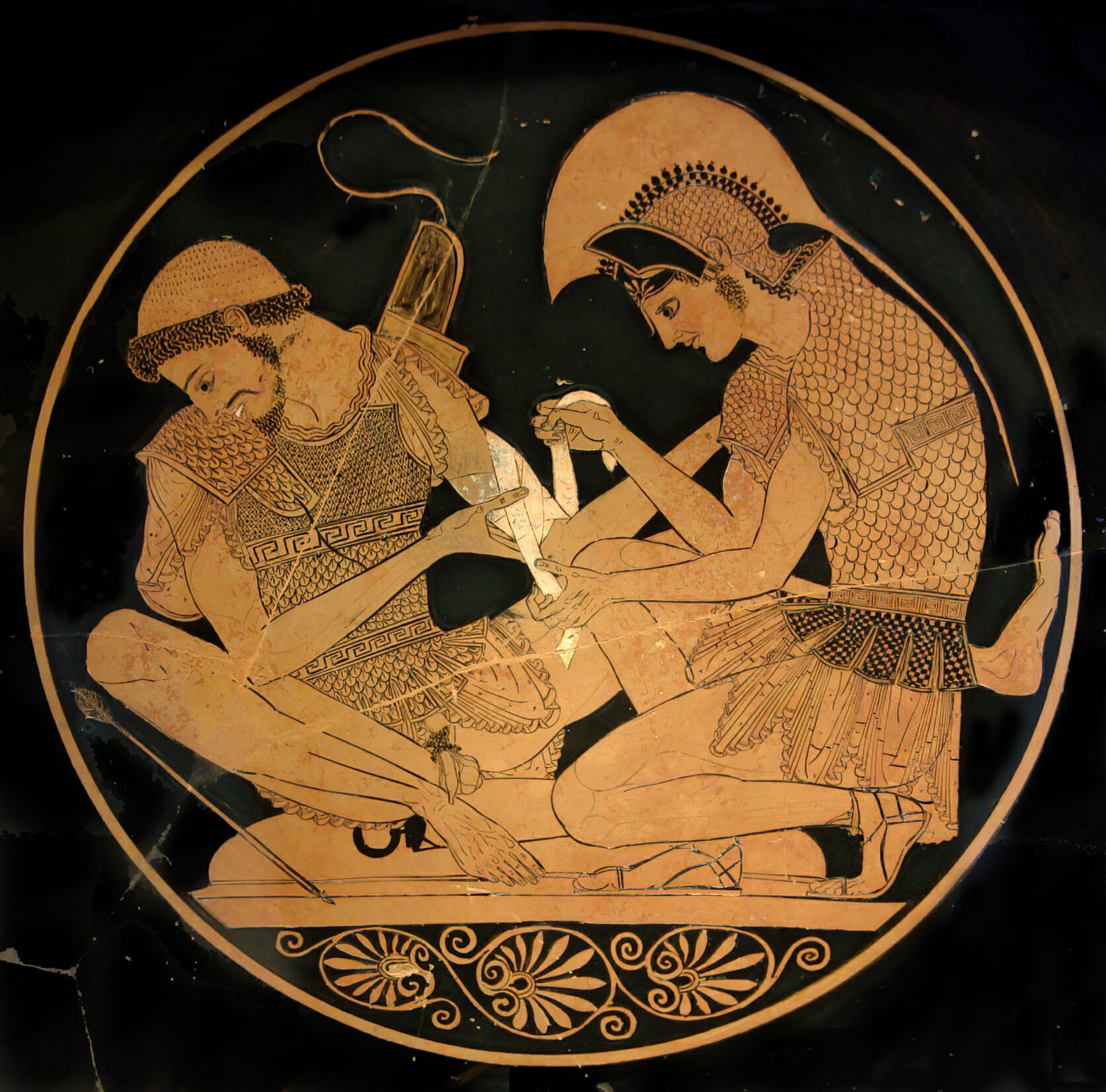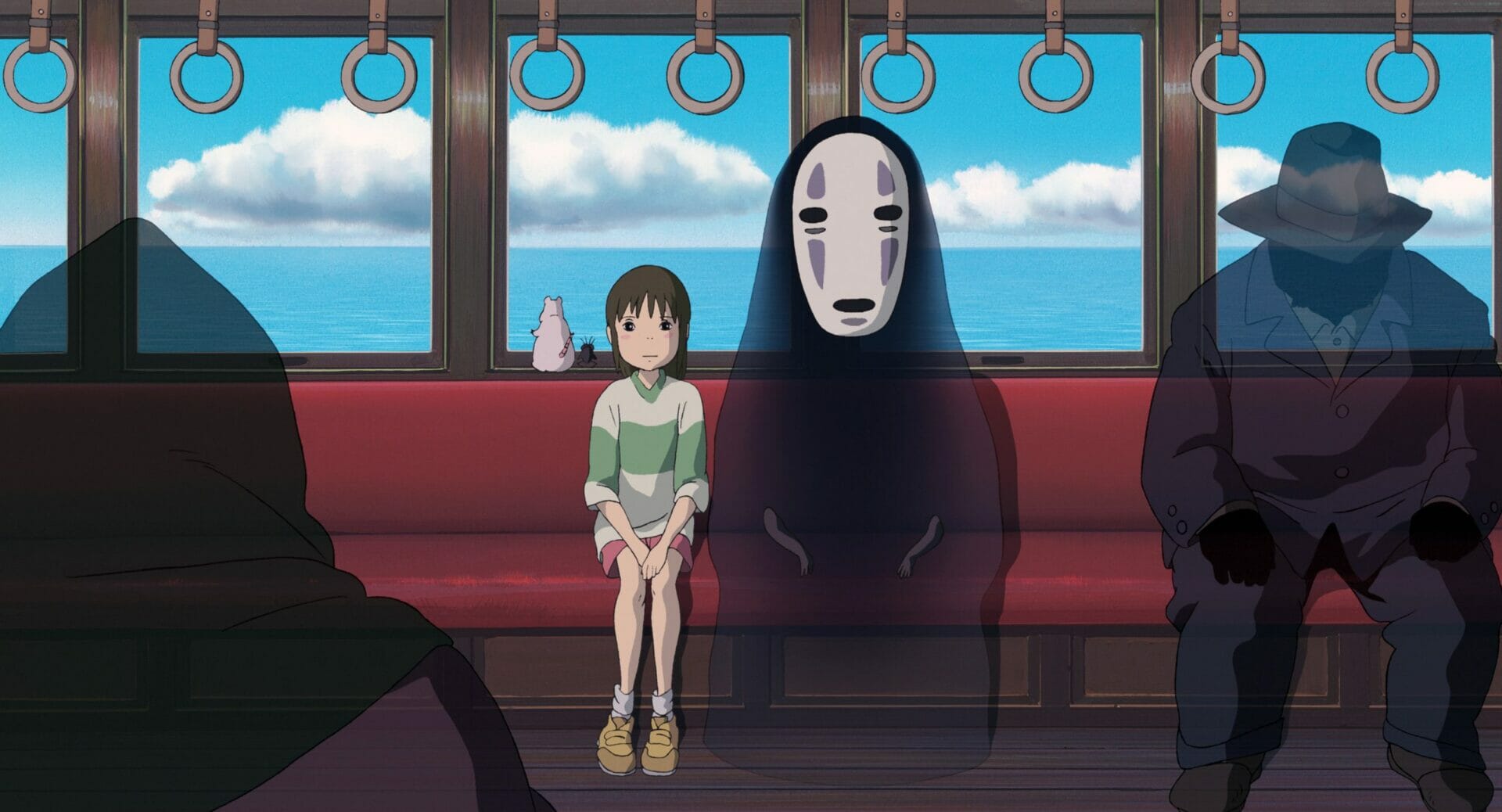
Romulus | A coming-of-age story in the ancient Lazio
Seasons
Runtime
By
Romulus is both a historical drama and a coming-of-age story, that bears witness to the main characters’ development. Produced by Sky Studios, in collaboration with Groenlandia, Cattleya, and ITV Hub, it brings the audience back to the VIII century B.C., in ancient Lazio.
The creator and showrunner Matteo Rovere — known for The First King: Birth of an Empire — portrays a primitive land, full of superstition, religious beliefs, and violence. In this scenario, Romulus does not tell the story of the birth of Rome, but somehow foresees its arrival.
The importance of initiation rites
When the thirty tribes that follow Numitor (Yorgo Voyagis), king of Alba Longa, face drought and famine, they start questioning his leadership by demanding a divine sign. The ceremony’s outcome forces the man into exile. In the line of succession, his twin nephews, Yemos (Andrea Arcangeli) and Enitos (Giovanni Buselli,) are the following rulers. However, their uncle Amulius (Sergio Romano) betrays them and ends up killing Enitos.
It is the inciting incident that sets in motion three different but parallel storylines. Yemos has to leave Alba Longa in a hurry, to survive. The vestal Ilia (Marianna Fontana), who was in love with Enitos, does not know the truth and looks for revenge. In the meantime, Wiros (Francesco Di Napoli), a young slave, is sent to the woods with other people, to prove their right to join the Luperci tribe.
So, Romulus is a coming-of-age story that crosses over with different kinds of initiation rites. A breakthrough moment that enables the participants to leave their youth behind and embrace a new awareness and social status. The rituals are often violent and traumatic, underlining the struggle to accept common rules and new beliefs. For instance, the scene where Yemos and Enitos have to blind their grandfather before the exile is a rite of passage. Despite their reluctance, the responsibility falls on their shoulders. They are the successors and have to prove to be themselves worthy.
An exploration of power
Yemos, Wiros and Ilia start from different desires, but they eventually find common ground and their place in the world. However, the focus is not only on their lives. Since Romulus is also a drama inspired by Game of Thrones, the topic of power is essential and well-described. Power is, indeed, the engine of this coming-of-age story.
As Rovere says in an interview, the show explores the concept of power in all its forms and looks into the risks behind the management of power.
Romulus reflects on how power can reshape a community’s dynamics, but also on the qualities that define a leader. On the one hand, the concept of leadership is related to the idea of continuity. On the other, the status quo can be questioned, and new forces can take control with unpredictable outcomes.
In the redefinition of power, there are no fixed rules. For instance, Amulius is willing to kill his relatives to rule over Alba Longa. Or there is also Wiros’s example. He breaks the shackles of his past, leading Rumia’s people toward a new future. In so doing, the narration shows how power can pass from hand to hand as a dynamic entity and define the notion of society: from “state of nature” to more complex tribes.
Between myth and history
Romulus is an exception among Italian TV shows for its visual assets, the historical setting, and the performance of the actors. Thus, the process of world-building and the epic tones make the show uncommon in the local media landscape, whose audience is more used to series like Gomorra or Suburra.
Rovere’s work has something in common with cultural products like Vikings or Black Sails. They all take inspiration from myth and history, to depict an in-depth insight into human behavior: the frailty of youth, the approach to the divine or the unconscious, and the hunger for power.
Moreover, Romulus stands out also for its attention to detail. Since there is no written documentation of ancient Lazio, the reconstruction of villages and daily objects is based on assumptions. Yet the set and costume designers were able to create a sense of verisimilitude, by focusing on materials like clay and straw, for instance.
However, what makes Romulus unique is also the language used by the characters: proto-Latin. This attention to choice and effort gives an idea of the showrunners’ ambition, willingness to make the show an international product.
Romulus is a mix of myth and history, but it’s attuned to the nature of the present day. It shows a visual Bildungsroman and sheds light on the challenge of entering adulthood.
Tag
Buy a ☕ for Hypercritic









